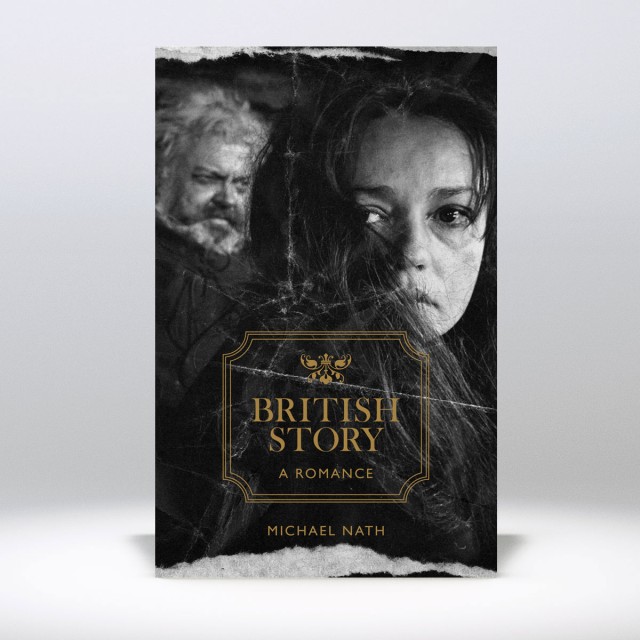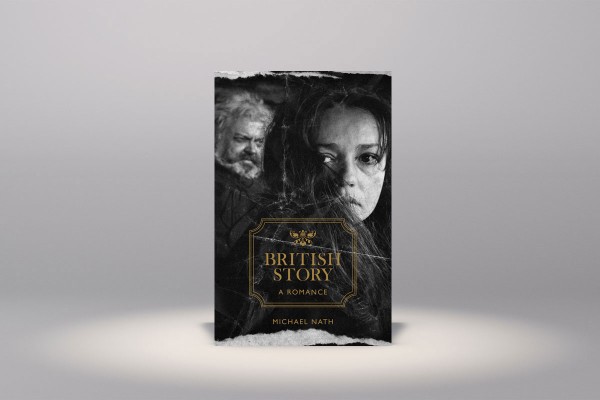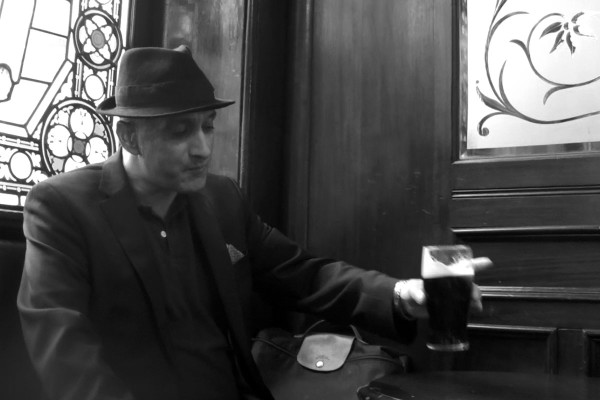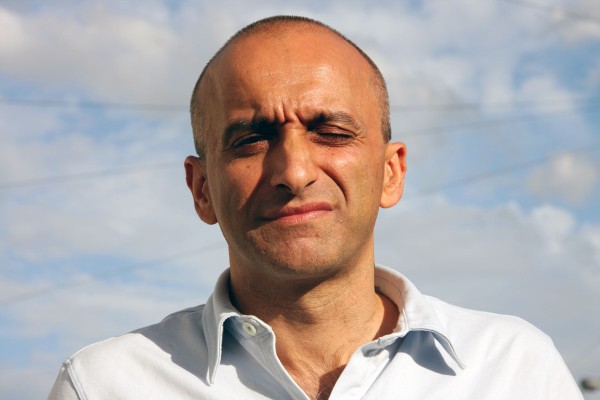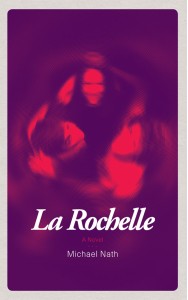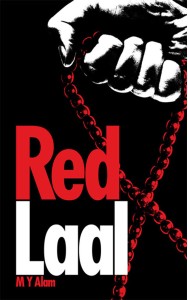British Story is Michael Nath’s second novel, and what an extraordinary and powerful novel it is too. To sum up the plot briefly, one might say a failed and failing academic meets a larger-than-life Welshman who vaguely resembles Falstaff; but then not everything is what it seems to be. This Falstaff produces – in our hero, our prince – a cataclysmic change for the better, although the ending leaves the question undecided (in my view unsatisfactorily, although artistically this may have merit). Perhaps what is most remarkable about Michael Nath’s narrative skills is first and foremost his linguistic ability: the language of the story is rich, dense, allusive, elliptic, strange and wonderful; it draws on the full range of English language’s possibilities and capabilities, and indeed I would say it is almost poetry. It is therefore no surprise at the end Nath profusely thanks writers as diverse as Shakespeare, Spenser and WB Yeats! A couple of examples of arresting sentences must suffice: 'Lost be they who are unamazed' and I love: 'Ever a portly man, he once kept a pub in Neath. On Spring Bank Holiday ’72, a Hell’s Angels stuck a sheath knife in Fat Parry’s belly. Vibrating, it lodged there till Fats twanged it out, cast it to the floor and said, "Should have used a fucking harpoon, mun!" Then picked up the chair and cracked the Angel’s skull with it.' At first I found it difficult to discern what the plot was about. We have an overload, almost, of information about Kennedy and Arthur Mountain and the plot seems lost in a swamp of inconsequential details about them and their lives. However, this all becomes very necessary and the characters are about a plot that dovetails neatly and brilliantly together by the time we are two thirds of the way through; so for those who like their plots (real plots – and I am one) you have to wait, Nath teases you, but like a master craftsman, he delivers. And as different as this is from a favourite plot of mine – Lord of the Rings – it does have one character element in common: we do know so much about Kennedy and Mountain, the heroes if you will, for whom we are rooting. But the villain, if villain he be (interpretation questions going on here: let’s hope Nath is not trying to do a James Joyce and setting academics arguing for centuries about exactly what he meant), the cockney, Voight, is much more shadowy and indeterminate, like the Dark Lord himself. The fact that you never really meet the Dark Lord in the novel makes his evil even more sinister; your imagination has to conjure him up. So with Micky Voight. Quite masterful how this is done, and the final confrontation is genius writing, except for Kennedy stepping …Ah! Enough. I strongly recommend this novel. Michael Nath is a major writer – few I think possess his literary skills, imagination, and in-depth ability to recreate a world from the odds and ends of Wales, London, Scotland, Shakespeare, Spenser and the lesser lights (Yorkshire et al!! LOL). Buy it and give him a review – he deserves it.
